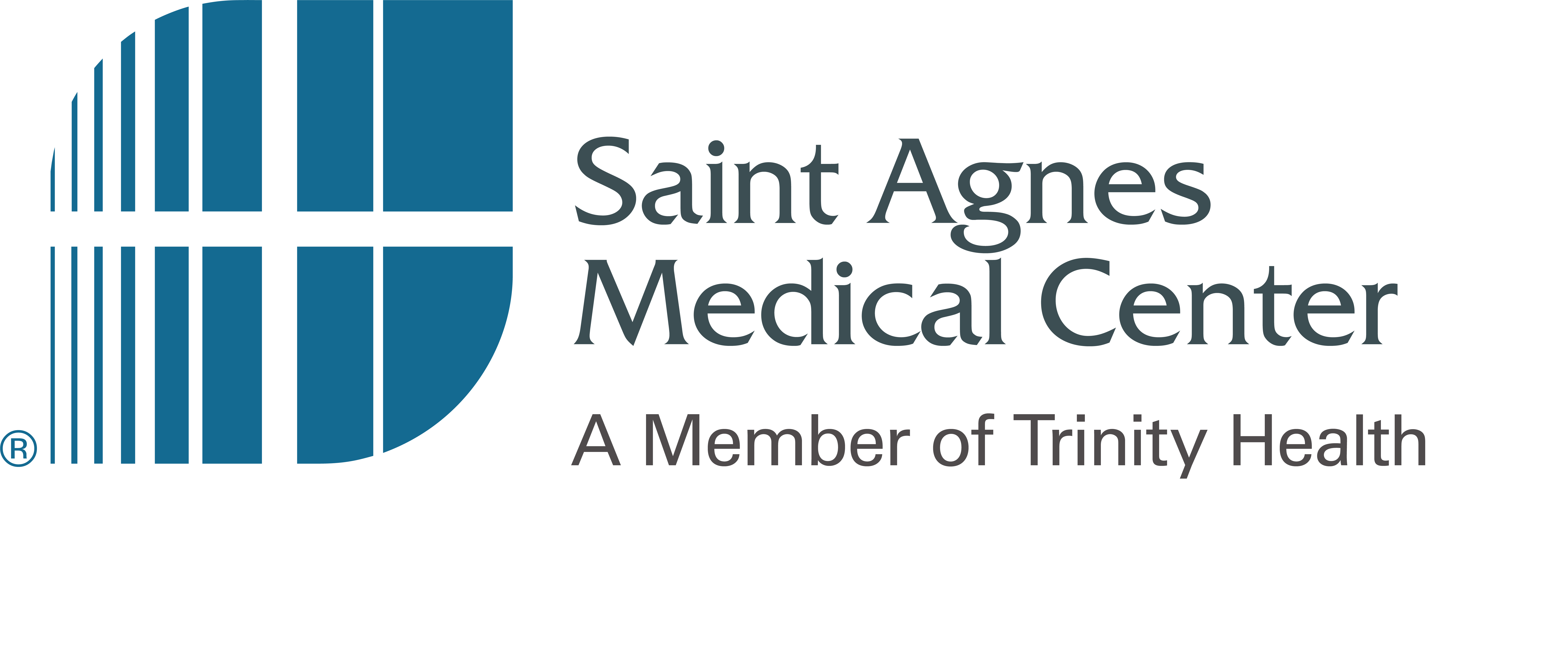10 signs you may not notice before a heart attack
February 22, 2023
In movies, it’s usually pretty easy to spot someone having a heart attack. Someone grabs their chest as they experience sudden intense chest pain. But in real life, symptoms of a heart attack are often more subtle and may come on more gradually – especially in women.
The most obvious sign of a heart attack is pressure, pain or tightness in the chest. But there are many less obvious signs that may go unnoticed or be attributed to another cause.
"On the morning of my heart attack, I awakened with some really vague symptoms," says Liz, a heart attack survivor. "It felt like I was getting a chest cold, but I wasn’t sick, and my lower legs and feet were icy cold. It did occur to me that women have very unusual symptoms when it comes to cardiac events."
Women may experience symptoms for weeks before an actual heart attack occurs. Early symptoms may be mild and intermittent, growing more intense over time. Unfortunately, many women who notice these symptoms either ignore them, attribute them to something else or are misdiagnosed when they see a doctor.
Signs to watch for:
- Pressure, pain or tightness in the arm, neck, shoulder, jaw, back or abdomen
- Feeling of fullness
- Shortness of breath
- Unusual fatigue or weakness
- Sleep problems
- Breaking out in a cold sweat
- Anxiety
- Indigestion
- Dizziness, lightheadedness or fainting
- Nausea or vomiting
During a heart attack, women’s symptoms are often more subtle than those experienced by men. This causes women to not seek treatment as quickly as they should, which may explain why women are less likely to survive their first heart attack than men.
"Even though I couldn’t imagine myself having a heart attack, I knew that if it was a heart attack, I only had so much time," Liz says. "Thankfully, I acted on my intuition and called 9-1-1. The cardiologist told me that my quick decision saved my life."
Take your symptoms seriously
If you are a woman and experience any of the symptoms listed above, consider that they may be related to an impending heart attack – especially if you have any risk factors for heart disease such as high blood pressure, high cholesterol, obesity, diabetes, smoking or a family history of heart disease.
Pay attention to your symptoms and see a doctor. If your doctor shrugs off your symptoms or attributes them to something else but you feel they may be related to a cardiac issue, press the subject. The risks of a possible heart attack are too great to ignore.
"The symptoms may not be those classic symptoms that you’ve heard about for years," Liz says. "Just know what’s normal for you and if there’s something that’s worrying, call 9-1-1."
Are you at risk?
Heart disease risk factors include age, weight, high blood pressure, smoking and a sedentary lifestyle. It's time to get to the heart of heart disease by knowing your risks.
